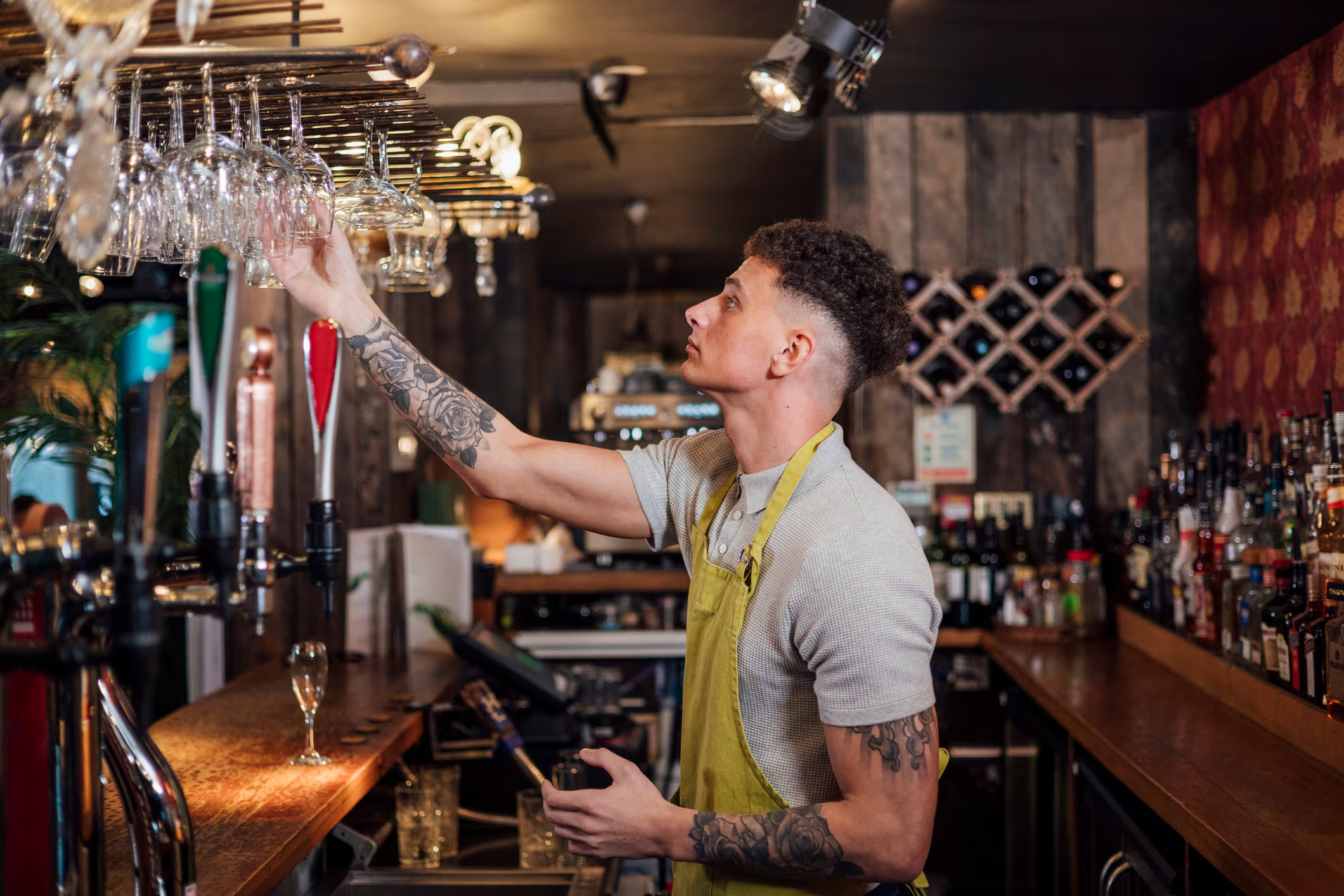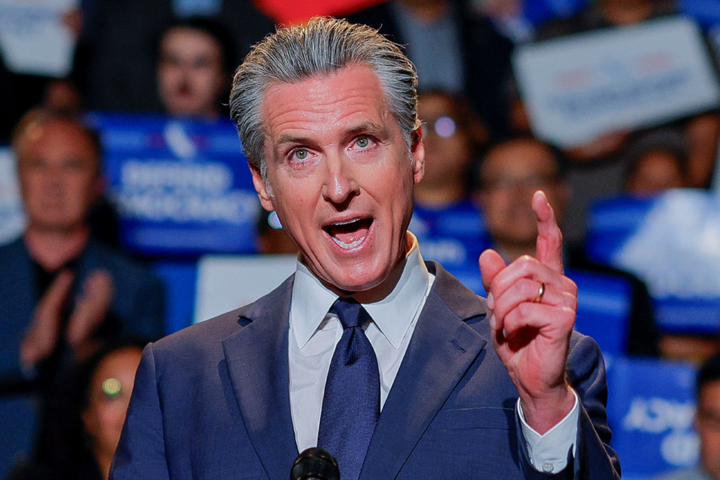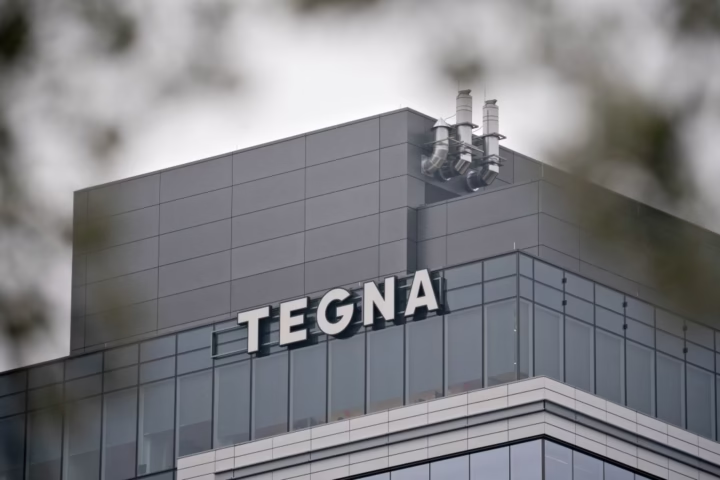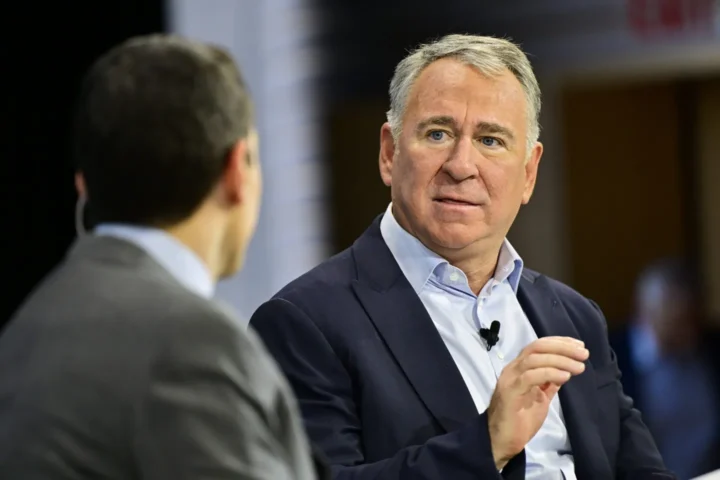More than half of the UK’s job losses since last October have come from the hospitality sector, according to new analysis that has sparked urgent calls for government action.
Figures from UKHospitality, based on Office for National Statistics (ONS) data, show that restaurants, pubs, bars and hotels have shed around 89,000 jobs in the past year—accounting for 53% of all jobs lost in the UK. The trade body, which represents over 123,000 venues, warned that the total could reach 100,000 by the time of the next budget.
Kate Nicholls, chair of UKHospitality, called the numbers “staggering” and urged the Treasury to cut business rates and VAT to ease pressure on the sector.
“What we’re seeing at the moment is a third of businesses cutting their opening hours, one in eight saying that they’re closing sites, and 60% saying they are cutting staff numbers,” Nicholls told BBC Radio 4’s Today programme.
“We could see very significant business closures and failures and accelerated job losses going into next year, and it could be as high as we saw during the Covid period.”
High costs and tough choices
The industry has faced a convergence of pressures in recent months: rising energy and ingredient prices, an increase in the minimum wage, and higher National Insurance contributions for employers.
“The sheer scale of costs being placed upon hospitality has forced businesses to take agonisingly tough decisions to cut jobs—with part-time and flexible roles often those most at risk,” Nicholls added.
Some owners say they are struggling to survive. Mark Wrigley, who runs Atlas Bar in Manchester, said he had stopped paying himself in order to keep his business afloat.
“We probably generate £300,000 or £400,000 for government, from this one business, and yet I get nothing from it,” he told BBC Breakfast.
Falling demand meets rising prices
The squeeze on businesses comes as the cost of living crisis continues to dampen consumer spending. Many households are cutting back on meals out and leisure activities, further reducing revenues across the sector.
Inflation rose to 3.8% in the year to July, the highest level since January 2024, driven largely by higher food prices and air fares, according to the ONS. That remains nearly double the Bank of England’s 2% target.
Meanwhile, job vacancies across the economy are falling. Between May and July, openings dropped by 5.8% to 718,000, with the steepest declines in hospitality and retail. “The number of employees on payroll has now fallen in 10 of the last 12 months,” said Liz McKeown, director of economic statistics at the ONS.
Treasury response
The government defended its support for the sector, pointing to recent measures including business rates relief, cuts to licensing costs to encourage al fresco dining, and a freeze on alcohol duty for draught pints.
A Treasury spokesperson said: “Pubs, cafes and restaurants are vital to local communities, that’s why we’re cutting the cost of licensing, helping more pubs, cafes and restaurants offer pavement drinks and al fresco dining, and extending business rates relief for these businesses—on top of cutting alcohol duty on draught pints and capping corporation tax.”
But with thousands of jobs already lost and more at risk, industry leaders argue that the government will need to go further if it wants to avoid closures on a scale not seen since the Covid-19 pandemic.








